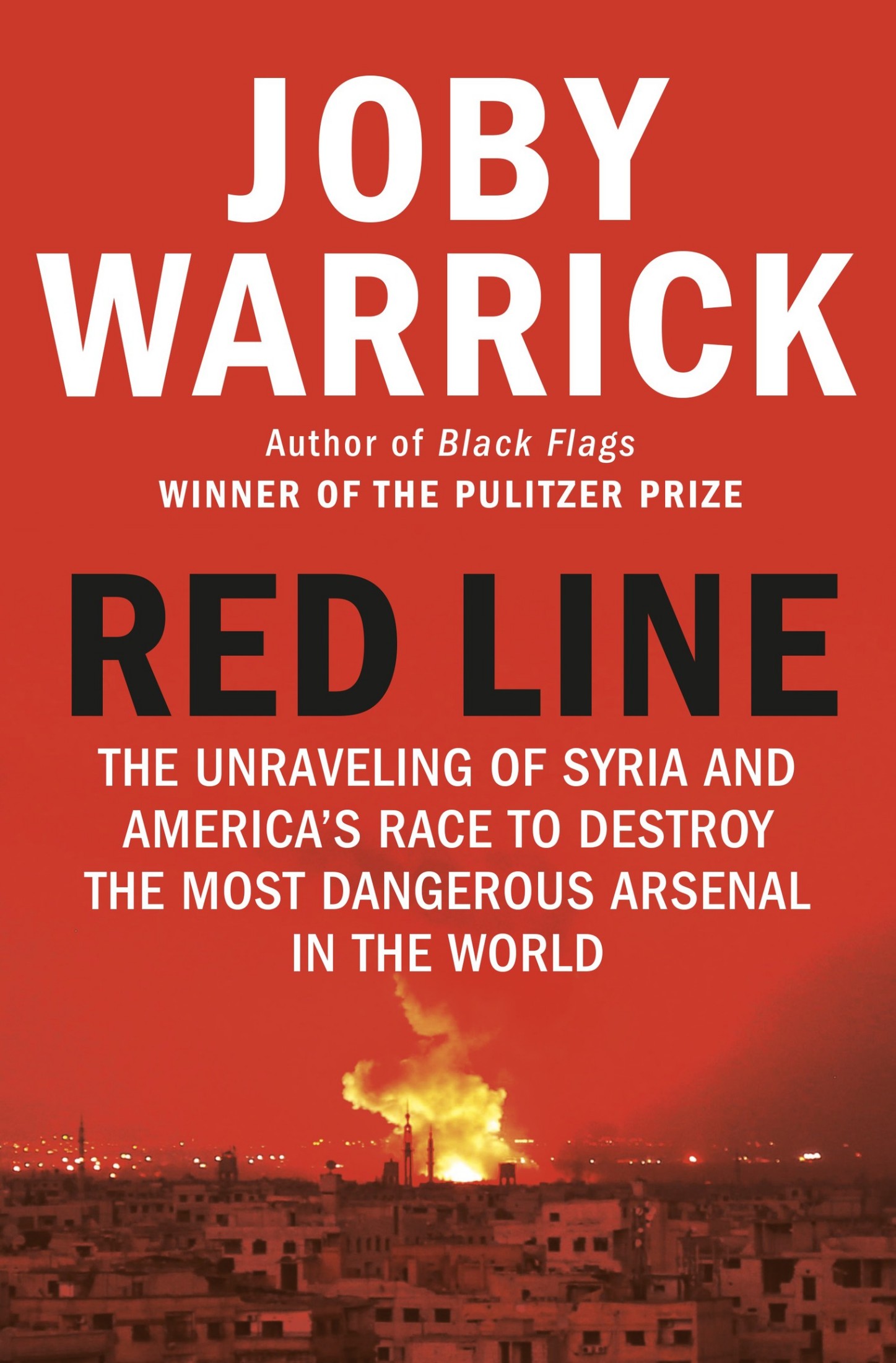
Red Line
The Unraveling of Syria and America's Race to Destroy the Most Dangerous Arsenal in the World
کتاب های مرتبط
- اطلاعات
- نقد و بررسی
- دیدگاه کاربران
نقد و بررسی

May 1, 2020
Having declared in 2012 that the use of chemical weapons during Syria's ugly civil war would constitute a red line that could not be crossed, President Barack Obama welcomed Russia's subsequent offer to store the country's chemical weapons after President Bashar al-Assad bombed a Damascus suburb with sarin gas. But the effort to find (and destroy) those weapons, often blocked by Russia, proved less triumph than tragedy. From a two-time Pulitzer Prize winner--for his Washington Post reporting and for Black Flags: The Rise of Isis.
Copyright 2020 Library Journal, LLC Used with permission.

August 15, 2020
An unsettling look at the extraordinarily brutal civil war that has engulfed Syria since 2011. On one side is Bashar al-Assad, a dictator with support from Iran and Russia. On the other side is a collection of Syrian rebels aided by Turkey, Saudi Arabia, and the U.S. but also including units from al-Qaida and the Islamic State group. The U.S. abandoned military support in 2017 and now largely confines itself to humanitarian aid. In this highly disturbing yet significant text, Warrick, a two-time Pulitzer-winning journalist for the Washington Post who has spent years investigating the Middle East and national security issues, concentrates on one particularly horrific aspect: the Syrian military's use of poison gas, locally produced since the 1980s. "By the early 2000s," writes the author, "the network of laboratories and production centers gradually blossomed into a mature manufacturing complex that encompassed some forty buildings and storage bunkers at two dozen secret locations scattered across the country." Warrick powerfully describes gruesome details of the first attacks in 2013, during which nerve gas killed thousands, mostly civilians. Despite universal outrage in the U.S., the miserable experiences in Iraq and Afghanistan led to overwhelming opposition to military action. Perhaps as a public relations gesture, Russia agreed that Syria would, under U.N. supervision, dismantle their chemical program. This turned out to be vastly more complex than predicted, and Warrick delivers a vivid account as experts crisscrossed the country to oversee the destruction. By June 2014, trucks carrying 1,300 tons of deadly chemicals had unloaded their cargo onto ships, where complex machinery converted deadly chemicals into merely toxic waste. Almost immediately, Assad's army turned to chlorine gas, which was available on the commercial market. After a few years, nerve gas reappeared because Assad had kept a few factories in reserve, but by that time, he was near victory thanks to generous Russian and Iranian support. Warrick concludes that America's intervention in Iraq led to disaster, but refusal to intervene in Syria has done the same. A journalistic expert on the Middle East delivers more bad news from the region.
COPYRIGHT(2020) Kirkus Reviews, ALL RIGHTS RESERVED.

August 24, 2020
Pulitzer winner Warrick (Black Flags) explores America’s scramble to neutralize war-torn Syria’s chemical weapons in this vigorous true-life thriller. Warrick traces the decadeslong buildup of the Syrian government’s chemical weapons stockpile; its sporadic use against rebels, including a 2013 sarin attack near Damascus that may have killed 1,429 people; the American diplomatic push—after President Obama called chemical attacks a “red line” that Syria’s government must not cross—that yielded an agreement to destroy the country’s “declared” stockpile; its shipboard destruction in 2014 by a portable hydrolysis device nicknamed the “Margarita Machine” by “a Pentagon wag”; and later chemical weapons programs and chlorine-gas attacks by ISIS militants. Warrick balances harrowing reports of poisoned children dying of paralysis and asphyxiation with vibrant character sketches of Syrian spies and medical workers, UN chemical-weapons investigators braving sniper fire, and American engineers facing toxic spills, hostile environmentalist flotillas, and the possible capsizing of their ship. The focus on chemical weapons somewhat obscures the much larger toll of death and destruction taken by conventional weapons in Syria, but Warrick delivers a comprehensive and electric tale. Espionage fans and military history buffs will be enthralled. Agent: Gail Ross, Ross Yoon Agency.

























دیدگاه کاربران